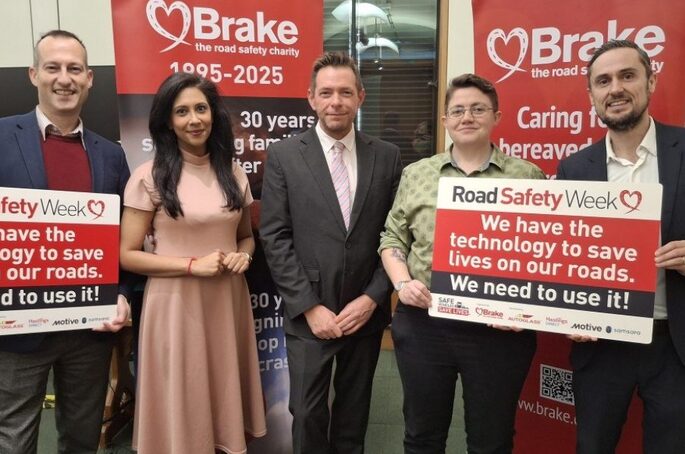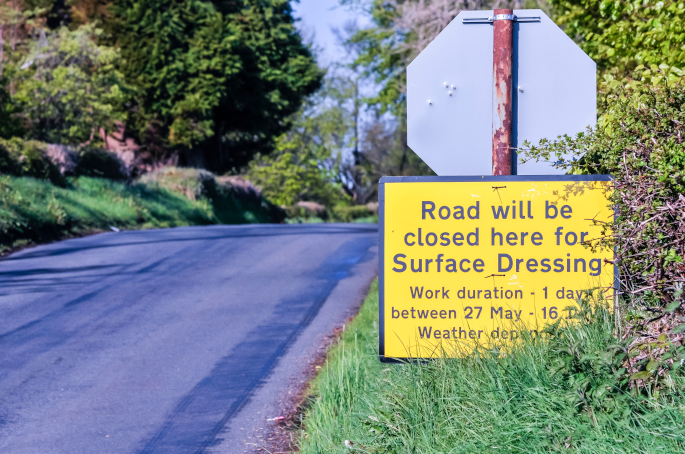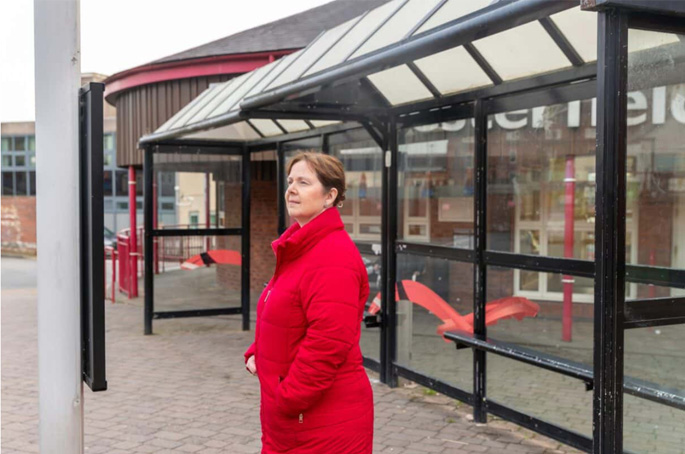To mark Road Safety Week (November 16-22), the charity Brake has called for the Government to adopt the Vehicle General Safety Regulations (VGSR) in full across the UK.
Already in effect in Northern Ireland and the European Union, these regulations outline ‘a number of safety features' that the charity argues need to be built in as standard for all new vehicles sold in the UK.
Included in these regulations are intelligent speed assistance, automated emergency braking and driver drowsiness monitoring.
According to Brake, road safety experts estimate that the adoption of these regulations could prevent over 1,700 deaths and 15,000 serious injuries over the span of 16 years.
The charity kicked off its Road Safety Week with a drop-off event on 17 November at Portcullis House intended to drum up support for its campaign, with Brake trustees Nick Reed and Meera Naran MBE.
Ross Morlock, CEO at Brake, said: ‘Last year, nearly 1,000 road deaths involved someone driving above the speed limit or too fast for the road conditions. Safety features like intelligent speed assistance and automated emergency braking can help us slow down, hit less hard if we crash, and reduce the risk of death and serious injury.
‘There is no good reason for any new vehicle to be built without this technology.'
Mr Reed, an independent road and vehicle technology safety expert, added: ‘Road Safety Week is an opportunity to reflect on where we can improve across the safe system approach to road safety, and I welcome Brake's focus this year on vehicle technology.
‘Implemented and used correctly, this is proven to reduce both the frequency and severity of the crashes that cause death and serious injury on our roads.'
Ms Naran, who has campaigned for the introduction of autonomous emergency braking following the death of her eight-year-old son, Dev, in a collision on the M6, added: ‘With technology advancing rapidly, maintaining strong safety standards is vital. The General Safety Regulations could provide an essential layer of protection by ensuring that proven, life-saving technologies are standardised across new vehicles, helping to reduce preventable road deaths.'
































